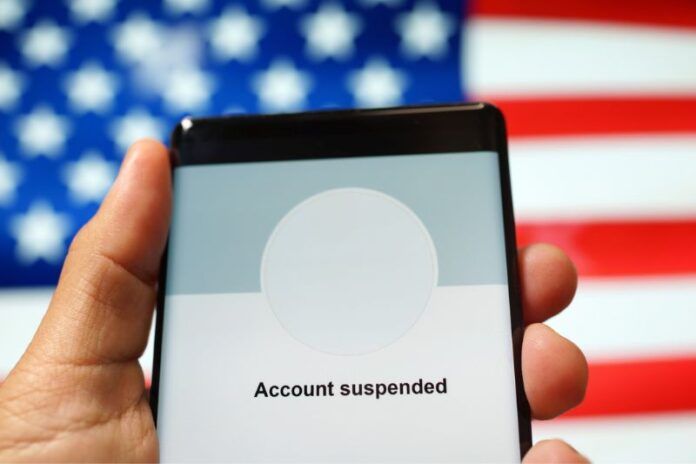Somewhat lost in the public’s fixation on the scandals surrounding President Biden and his prodigal son Hunter, and the lengthening string of indictments against former President Trump, is a revealing and disturbing survey published last month by the nonpartisan Pew Research Center.
The poll released in July found that most Americans now favor government restrictions on their freedoms guaranteed by the First Amendment – specifically, freedom of expression.
Until recently, the freedoms enunciated in the First Amendment, which was ratified in 1791 to stop government from restricting expression and publication of ideas, has been considered part of the essential fabric of our culture. Apparently, this is no longer the case, at least for 55% of Americans who now consider government – not the individual – to be the best and final arbiter of what information is worthy of expression or publication; a full 65 percent would turn to “tech companies” to make such decisions for them.
Regardless of the reasons behind this failure to grasp the fundamental principle that liberty is lost when ideas can be restricted by authorities, these findings are fundamentally far more troubling than past or current misdeeds by Joe Biden or Donald Trump.
The scope of the restrictions many Americans now appear willing to surrender on their expressive freedom, as revealed by the Pew survey, are breathtaking – extending broadly to information deemed “false” or “violent.”
The degree to which a majority of Americans appear content allowing government and tech companies to censor information has increased significantly in just the past five years. As the Pew survey discovered, the percentage of adults who are ready to have their right to enjoy the free flow of information restricted to protect against “false information” ballooned from 39 percent in 2018 to 58 percent today.
To put these findings in a broader context, a 2021 Pew survey determined that more than eight in 10 Americans gather their news information from online sources, including “smart” phones, computers, or electronic tablets. Coupled with the revelations in the July 2023 survey, it becomes clear that only a small percentage of citizens would remain comfortable receiving unfiltered news.
Seventy percent of U.S. citizens now believe that tech companies should be the gatekeepers to restrict “violent content online,” and 60 percent expressed a willingness to let the government perform such public service.
The Pew survey also found that, “Democrats have become much more supportive than Republicans of the government restricting false information online.” Say what? Was it not Democrat President Franklin D. Roosevelt – surely the epitome of modern liberalism – who in his 1941 State of the Union address loudly championed “freedom of speech and expression” as one of the “Four Freedoms” considered universal human rights?
And, was it not John F. Kennedy, another iconic Democrat president, who echoed that clarion call for freedom of expression in a March 1962 speech?
These oft-repeated expressions by Democrat political leaders in support of robust freedom of speech and expression, however, turned decidedly murky during Barack Obama’s eight years in office. Our 44th President made no effort to disguise his keen desire to restrict disfavored speech – openly pressing for federal regulatory agencies, including the Federal Elections Commission (FEC) and the Federal Communications Commission (FCC), to gain lawful power to regulate such content.
Today’s Democrats do not even pretend to hide their disdain for unfettered expressive freedom; openly lecturing us on the essential need for government and social media companies to censor disfavored information so it does not “harm” us. Their contempt extends even to attacks on song lyrics expressing ideas at odds with theirs.
We are approaching the 232nd anniversary of the ratification of the First Amendment, and the fourth anniversary of the civil liberties’ disaster foisted upon us by the government’s vast and unnecessary regulatory overreaction to the COVID pandemic.
The United States has morphed from a society unafraid of open expression, into a nation populated by fear-driven citizens who, by significant majorities, see a greater good in government and tech companies – not each individual – deciding what information is “false” or too “violent,” and therefore to be hidden from view.
In this environment, it is no longer as FDR declared in his first inaugural address in 1933, that “the only thing we have to fear is fear itself.”
The dark and present danger now is that for a majority of adult Americans, the power to express independent ideas is itself to be feared. Ominously, as we enter the brave new world of “AI,” this looming threat to liberty will become ever more dangerous.































